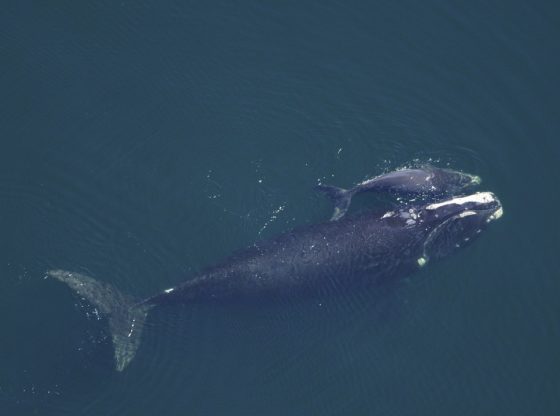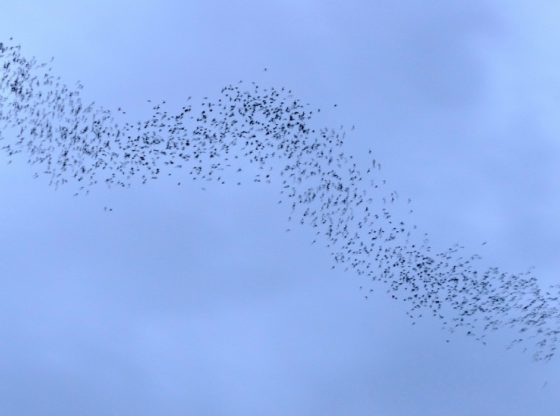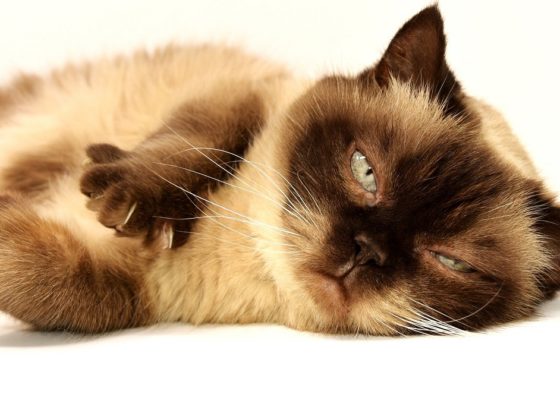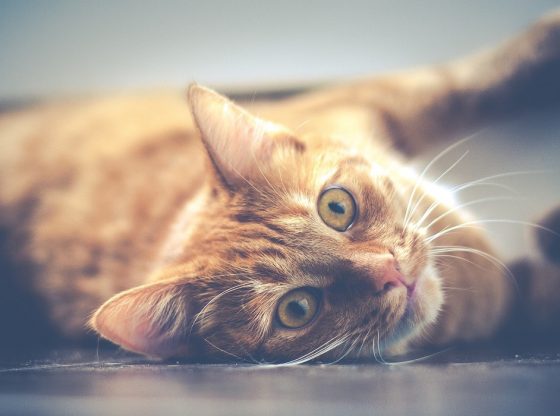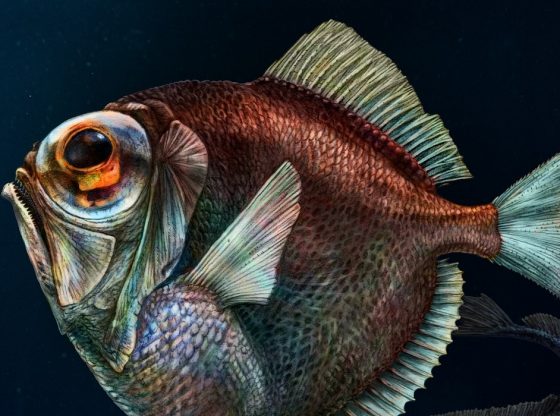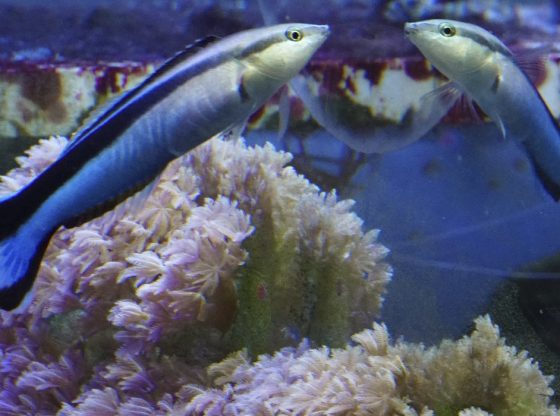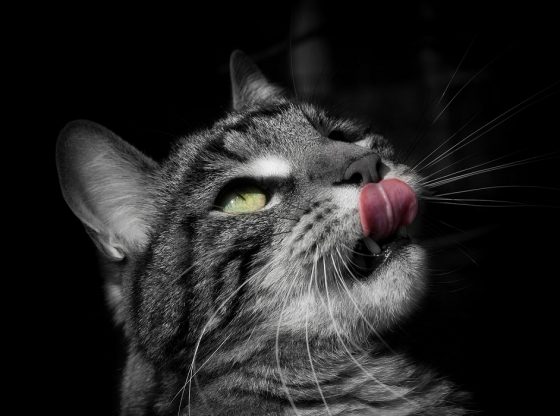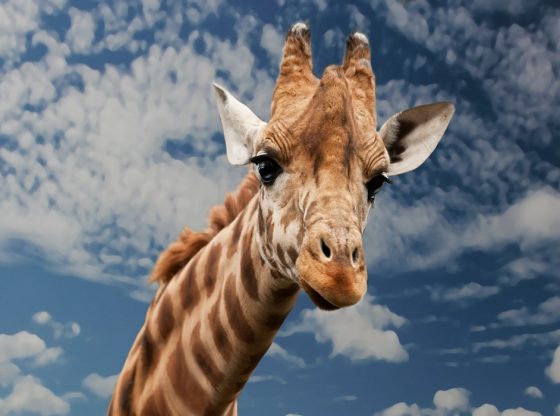Not only dogs are good at communicating and cooperating with us humans. A new study show how horses can ask humans for help if they are challenged by a tricky situation.
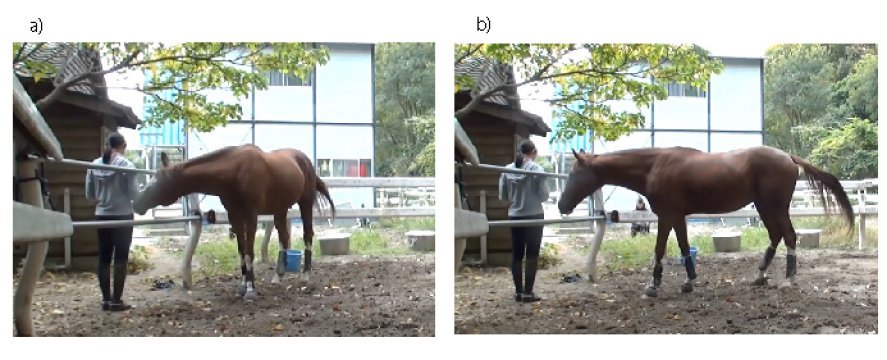
The Japanese researchers conducted a series of controlled experiments in which they studied the horses’ behavior when confronted with an insoluble task, for example, to access a carrot hidden in a bucket outside the pasture.
The horses often used both tactile and visual signals, that included both touching and looking at its owner to make him or she pay attention to the carrot.
In addition, horses seem to understand how much people know and do not know. Since the attempted communication by the horses became even stronger and more prolonged when the owner did not know that the carrot was hidden.
This suggests that horses have a higher level of cognitive ability than what was known. It is the first time that it has been shown how horses intentionally modify their communication with humans when they seem to know what we know and do not know.
Man and horse have lived in close cooperation for thousands of years. Perhaps we have consciously or unconsciously favored this behavior in our horses. A process similar to what is seen in dogs, intentionally breeding dogs selected for their social skills.
Reference:
Monamie Ringhofer and Shinya Yamamoto, 2016. Domestic horses send signals to humans When They Face with an unsolvable task. Animal Cognition. DOI 10.1007 / s10071-016-1056-4


